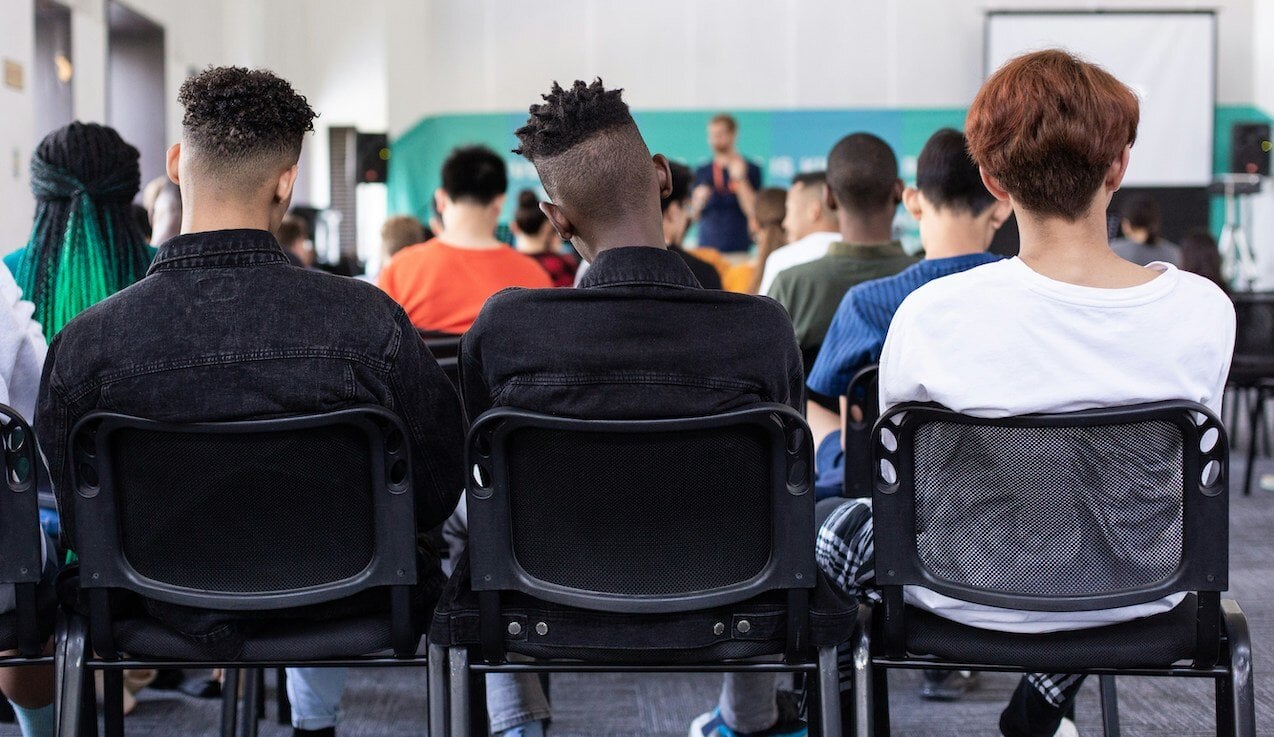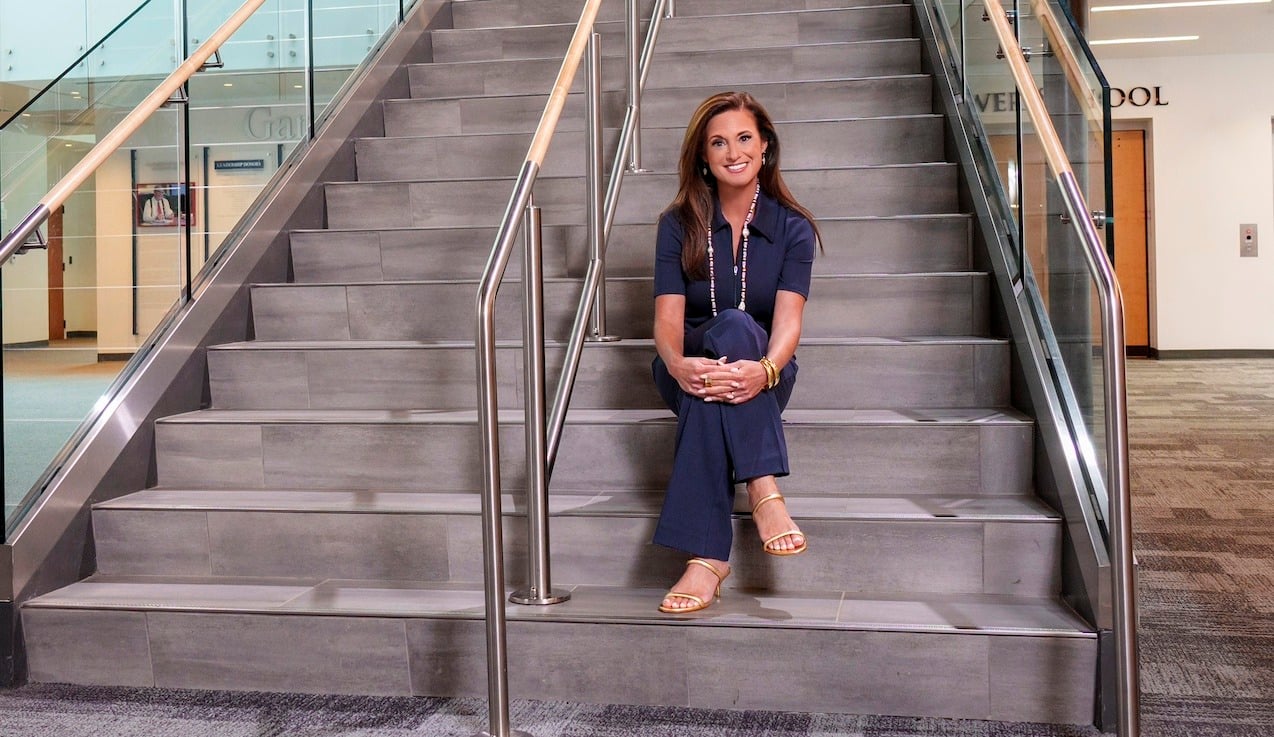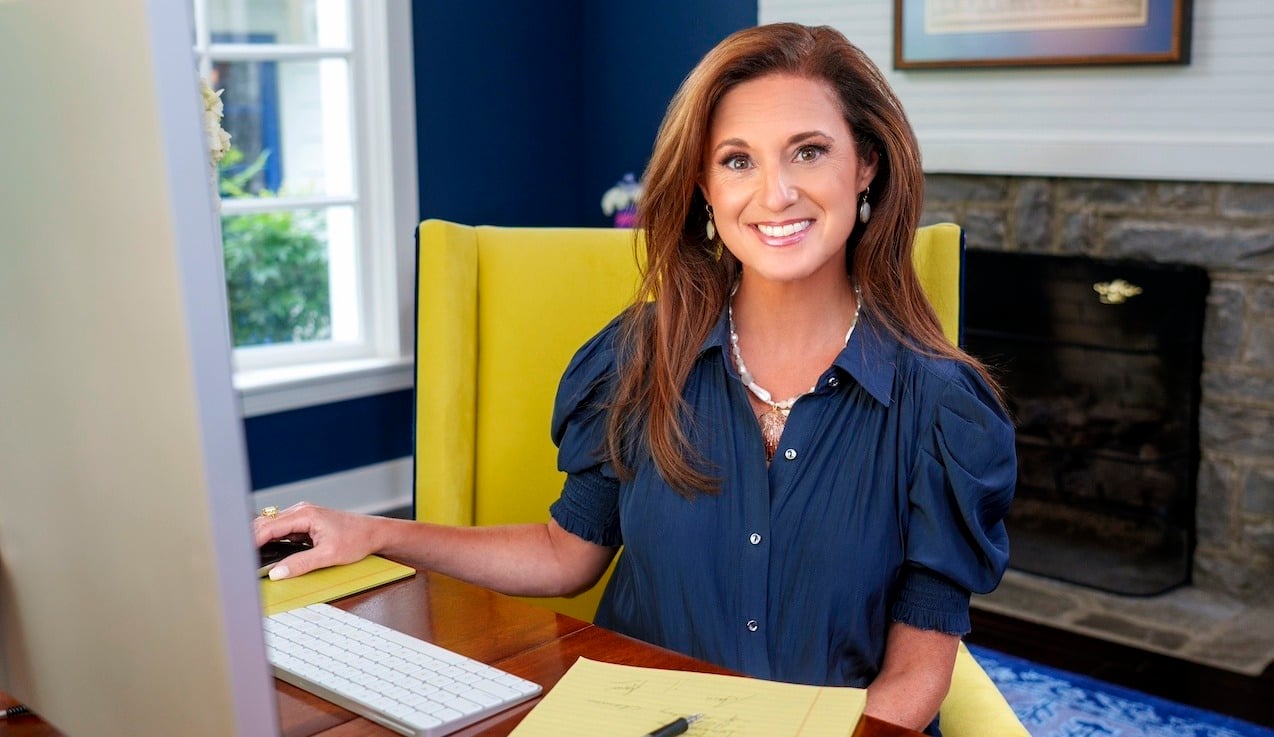Asking a teacher for a college recommendation letter is a big deal. How you ask is just as important as who you ask. An extraordinary letter from a teacher has the power to transform your applications.
There’s a right way to ask teachers and there’s a wrong way. Here’s what you need to know:
Dos:
- Ask academic teachers from 10th or 11th grade. These teachers are skilled at writing letters of recommendation for colleges, and they have known you for at least an entire year in class before having to write for you.
- Ask early. At some high schools, it’s important to ask teachers before the end of junior year so that they can write letters over the summer. At other high schools, early fall is appropriate. But the popular teachers will get asked a lot, and sometimes they have a limit on the number of letters they are willing to write.
- Set up a time in advance to sit down one-on-one with your teacher and make this request. This is too important to do in between classes or with other students in close range.
- Tell your teachers where you are in the process. If you know the list of colleges where you plan to apply or the types of academic programs you are interested in, let them know. This can give them a sense of timing and focus.
- Share with your teachers why you asked them and thank them generously. They will be flattered and will appreciate your thoughtful approach. This can translate into a wonderfully supportive letter.
BONUS: Can teachers really help you get into college?
Don’ts:
- Don’t wait until the last minute to ask a teacher for a recommendation letter. Their time is valuable especially once the school year begins. If they are pressed for time, it will show in the letter.
- Don’t ask to review the letter before it gets submitted. If you have confidence in asking them, they will have confidence in writing for you in the most complimentary way.
- Don’t send a lot of extra letters of recommendation even if a college indicates you are permitted to do this. The best letters come from academic teachers at the high school. It is rare for an extra letter from a non-academic teacher or a community member to make a difference.
- Don’t just ask teachers because they gave you a good grade. Sometimes, the teachers you had to work harder for know you better.
- Don’t be a stranger after you ask a teacher to write for you. They need to know any updates or changes to your plan. As much as teachers understand writing recommendation letters is part of the job, they want to feel like you are just as invested as they are.











